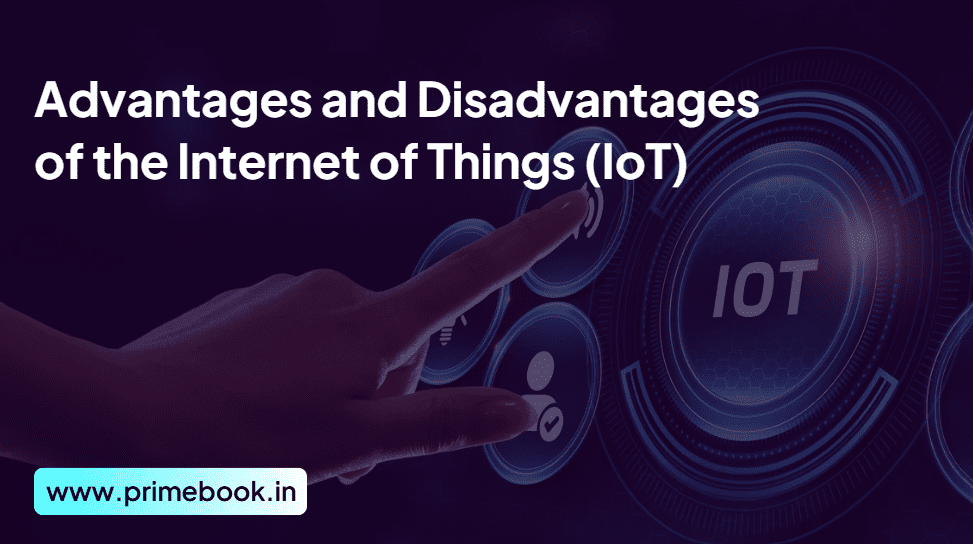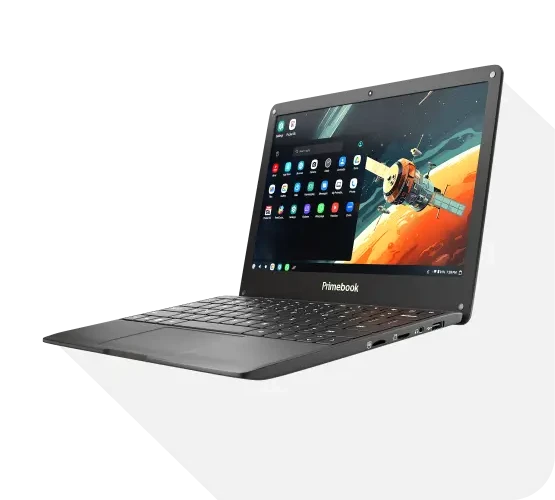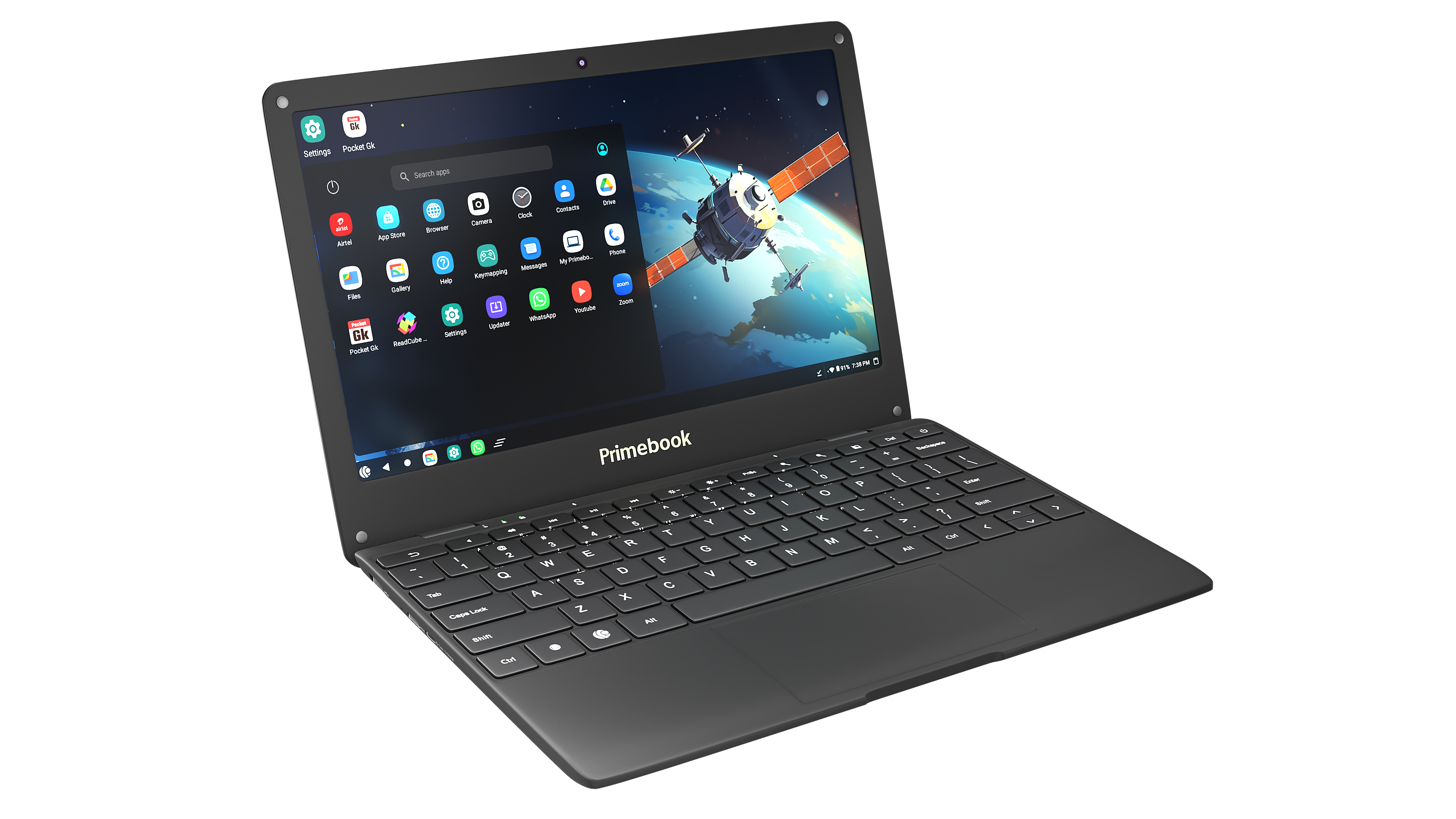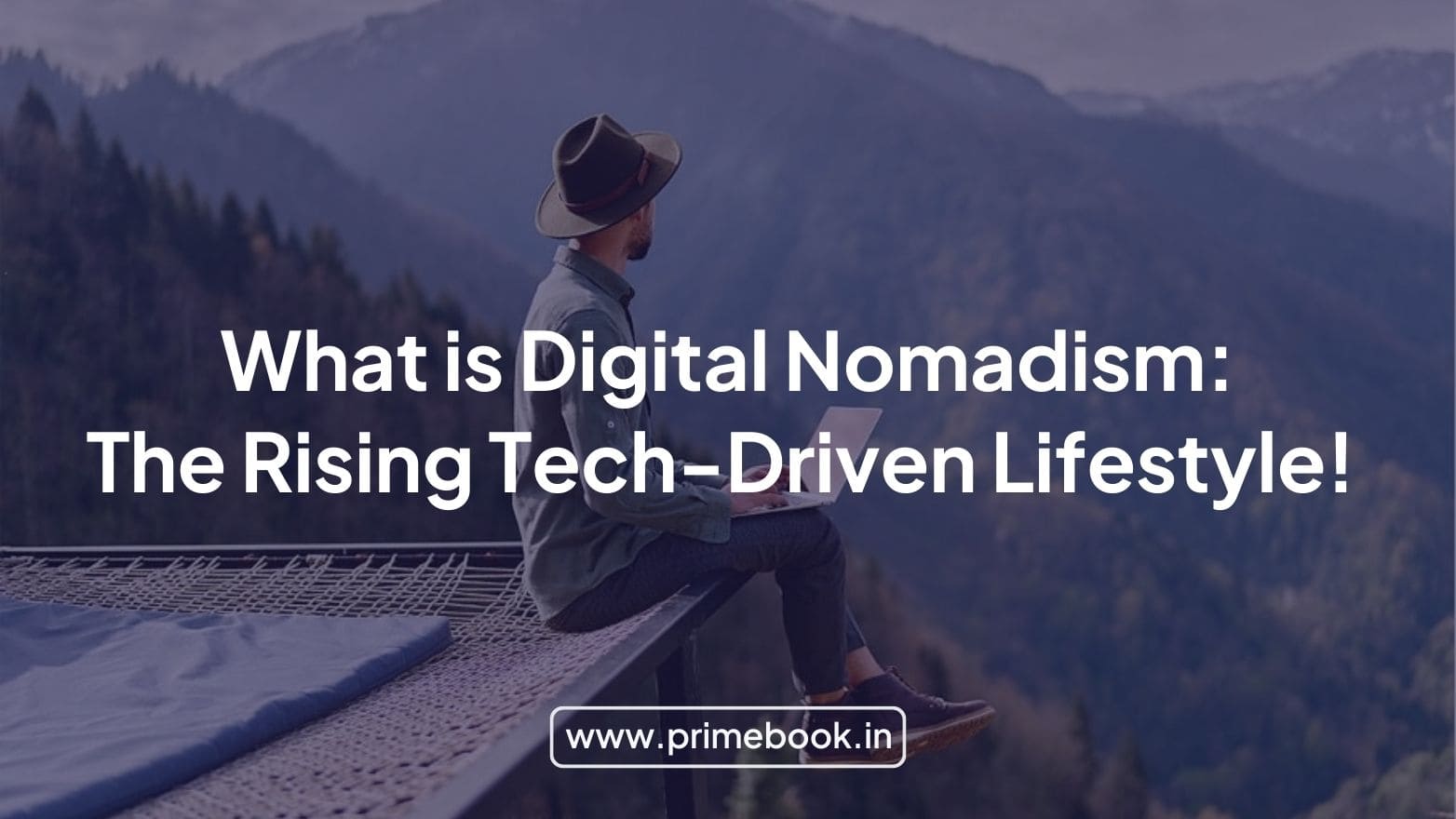Blogs / Trendy Tech Talks / Advantages and Disadvantages of the Internet of Things (IoT)
Blogs / Trendy Tech Talks / Advantages and Disadvantages of the Internet of Things (IoT)

Ananya Dasgupta
06 Jun 2024

Advantages and Disadvantages of the Internet of Things (IoT)
Table of Contents
When you hear the word IoT or Internet of Things, the first thought to pop up in your mind is some sci-fi series where various everyday objects get a life. But in reality, IoT is much more subtle! Being a robust technology, IoT does have certain advantages and disadvantages that you need to take into account when leveraging it in your everyday life. This blog will cover them all!
What is IoT: A Brief Note!
Internet of Things, or IoT is typically the interconnectedness of multiple physical things, like appliances, vehicles, or devices, integrated with certain software, sensors, and connectivity. In this system, the different physical objects can communicate and sense interactions with each other or concerning the external environment.
In other words, IoT embeds interrelated things, computing devices, mechanical and digital machines, objects, animals, and people, where each is provided with a unique identifier. This network of interconnected computing devices incorporated in everyday objects enables sending and receiving data more seamlessly than ever before.
Although the term was first coined in 1999, establishing the foundation for a new era of interconnection, the first glimpse roots back to 1982’s Coca-Cola vending machine at Carnegie Mellon University, which was connected to the internet for remote monitoring. Today, over 9 billion “things” are connected to the internet and it’s predicted to rise to 20 billion in the years ahead.
Advantages of the Internet of Things (IoT)
IoT has hailed the world with multiple advantages for your day-to-day lives, and the most significant ones are as follows!
1. IoT helps automate tasks and enhances efficiency, thereby improving decision-making.
2. With IoT, the accessibility of information and convenience gets increased.
3. Within IoT, the devices consume less power, and when not in use, they go off to sleep, as automatically programmed.
4. IoT provides the power to control and monitor devices and systems way better.
5. IoT renders a greater ability to gather diverse data and subsequently analyze them with precision.
6. Another of the advantages associated with IoT is the aspect of massive scalability and cost saving.
Disadvantages of the Internet of Things (IoT)
Despite the major advantages of IoT, there are certain concerns or disadvantages that need to be addressed to make IoT more usable in the future. Here they go!
1. One of the biggest disadvantages of IoT is the potential for data breaches or hacking.
2. Privacy issues regarding the collection and use of personal information are a serious concern in IoT.
3. The dependency on technology and the chance of system failures is enormous in IoT.
4. Limited standardization and compatibility among devices is another of IoT’s disadvantages.
5. There are limited regulations and legal frameworks for IoT today, leaving uncertainty in its application.
6. Besides, IoT involves a lot of technical complexity and increased maintenance requirements.
Future of IoT
In the upcoming years, technologies based on IoT are likely to offer an advanced level of services and transform how we live our daily lives in the modern era. While we have already witnessed IoT-based technologies like Google Lens, Amazon Echo, Tesla Autopilot, smartwatches smart fridges, smart TVs, and so forth, more awaits in the queue! We shall see advancement in the fields of medicine, agriculture, automobiles, manufacturing, and smart homes with IoT-based technologies.
Recently, the physical objects within IoT are represented by an IP address. However, because of the growing number of devices and limited availability of addresses to an IP name, this naming system won’t be appropriate anymore. This is why IoT researchers are looking for an alternative naming system that would represent physical objects in the future.
In a nutshell, IoT empowers smart devices to connect and communicate with each other, including other internet-enabled devices. The potential use cases of IoT are vast and varied, and its impact is already apparent to the human eye today. While edge computing, machine learning, artificial intelligence, and blockchain are increasingly being crucial for IoT in 2024, it’s the same for the concern of sustainability. Whether or not IoT can actually innovate and streamline interconnectivity across horizons and ensure a sustainable future is to wait and see!


 Related Blog
Related Blog









